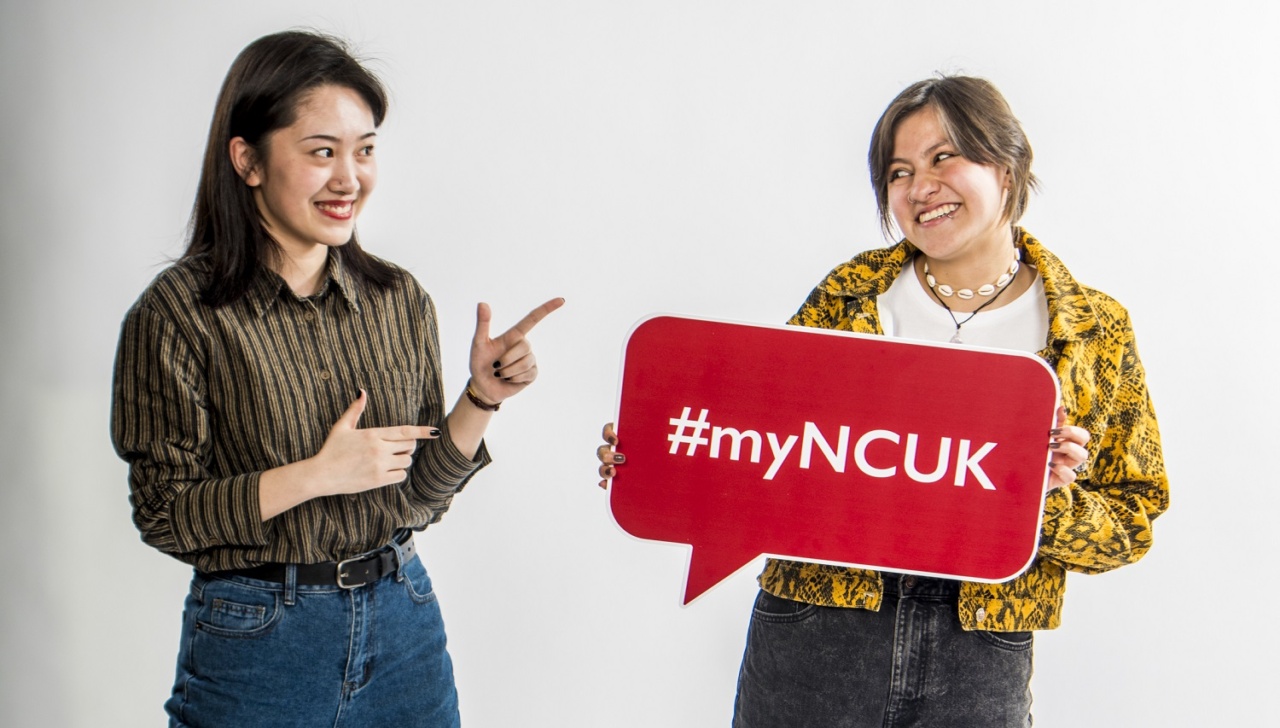Crafting a Personal Statement to Study Medicine Abroad
A Guide to Create a Great Personal Statement to Study Medicine Abroad
To study medicine in the UK, one of the most important things for an international student to get right is their personal statement. It can be the decisive factor in whether or not you get a place at a prestigious medical school – and to help make sure you do, we’ve put together this simple guide.
Why Your Statement Matters
Your personal statement is more than just an academic summary; it’s your chance to demonstrate your passion for medicine, any unique, relevant experiences and the skills that make you an ideal candidate for a demanding medical program. Your statement should go further than grades and qualifications and present a compelling narrative about who you are and why you’re committed to pursuing a medical career.

How to Structure a Medical Personal Statement?
There are no hard and fast rules as to what should go into your personal statement, but it can be broken down into a simple structure with distinct sections. Here’s how to make the most of each part of your statement.
Introduction
You need to make an impression straight away, so start with a captivating introduction explaining why you want to study medicine. This might be a personal anecdote, a profound experience you’ve had or an encounter that has sparked your interest in the field.
Relevant Work Experience/Internships/Volunteering
In this section, go into detail about any relevant work experiences that have given you an insight into the medical profession – for example, it might include hospital placements, volunteering at care homes or shadowing health professionals. This section is probably the most crucial – without it, you’ll be unlikely to receive an offer to study.
Medical Focussed Activities
If you’ve undertaken any other activities relating to taking up medicine as a career, outline them in this section. Things you can include might be attending medical lectures, webinars or workshops. While this might seem a minor consideration, with such a lot of competition for places you need to show your commitment to the subject area in every way you can.
Extracurricular Activities
This section should showcase your interests outside of studying that have helped you develop transferable skills that might be useful in the medical field. Think about leadership roles in clubs, sports, arts or community service, and wherever possible highlight the relevant transferable skills.
Conclusion
Your statement should conclude by reaffirming your motivation to study medicine and how you see yourself contributing to the field.

Further Help
Remember, universities are looking for candidates who demonstrate a genuine and evidenced interest in studying medicine, have looked at what a medical career entails, have diverse interests and possess the qualities that make an excellent medical student. This guide will help you craft a personal statement that sets you apart and convinces admissions tutors that you are a perfect fit for their medical program, but we’re always on hand to help.
If you have any specific questions you can talk to our team directly here – or you can find out more about our University Partners that offer medical degrees here.